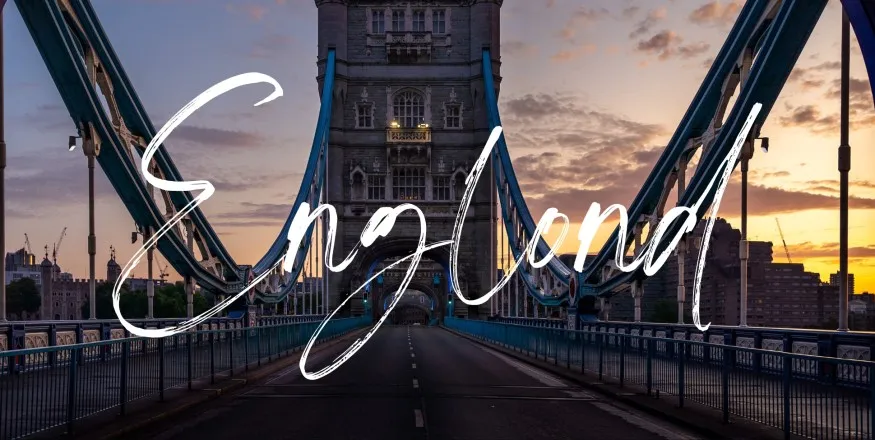It begins the moment the Star Ferry glides away from Tsim Sha Tsui, its rhythmic chug barely audible over the murmur of passengers and the occasional creak of wooden benches. The wind picks up, bringing with it the faint scent of brine and diesel, while the neon skyline unfolds like a grand stage set against the ink-black sky. Even as a child, I knew this was something special.
Hong Kong’s Victoria Harbour is never just a place; it is a spectacle, a performance, a memory in motion. By day, it hums with the industry of commerce—ships docking, trams rattling, crowds moving in organised chaos. But at night, it transforms. The skyline, a jagged symphony of light, throws its reflection onto the harbour, rippling in kaleidoscopic splendour. Every tower competes for attention, each LED display more audacious than the last.
I was born in the 90s and raised in London, a city of subdued elegance, where the Thames glides past centuries-old stone and glass. But every summer, and sometimes Christmas, Hong Kong would claim me for its own. The nights spent gazing at Victoria Harbour became rituals, small acts of belonging in a city I could never quite call home, yet never fully leave behind.
I remember leaning against the cool railings of the Tsim Sha Tsui promenade, watching the skyline flicker to life as the sun dipped below the horizon. Alex, my younger brother, giddy from an evening feast of dim sum and egg tarts, would run ahead, chasing the glow of skyscrapers in the water. The clock tower stood solemn and unbothered, as it always had, witnessing the city’s relentless transformation.
My parents—always the pragmatists—would remind me that this skyline did not exist when they were young. “All of this,” they would gesture vaguely at the glass-and-steel behemoths, “was just water and shipyards.” It was difficult to imagine a time before the IFC, before the Bank of China’s geometric spire, before the Symphony of Lights, when Hong Kong’s ambitions were illuminated only by the glow of street lamps and flickering neon signs.
Yet for all its modern grandeur, Victoria Harbour has always carried an old soul. The Star Ferry, unchanged in its simplicity, still shuttles between shores as it did in my grandfather’s time. The sampans, though fewer now, bob quietly in the distance, dwarfed by cruise liners and cargo ships. The sea breeze, heavy with the scent of the South China Sea, whispers stories older than any skyscraper.
As a child, the harbour was a promise of adventure—an expanse that separated Kowloon from Hong Kong Island, a gateway to unknown places. As an adult, it became something else. A bookmark, a point of reference. A reminder that though the city may change, and though I may never be fully local nor entirely foreign, some things remain.
On my last visit, I stood at the same promenade, watching the skyline cast its electric glow across the water. The city had grown taller, bolder. The neon lights still danced on the waves, but the egg waffles tasted a little different, and the crowds spoke in voices that seemed more hurried than before. Yet, when the wind swept in from the harbour, carrying the familiar scent of salt and possibility, I was a child again—standing in the glow of a city that had always been, in some small way, mine.
ns18.191.89.16da2





















